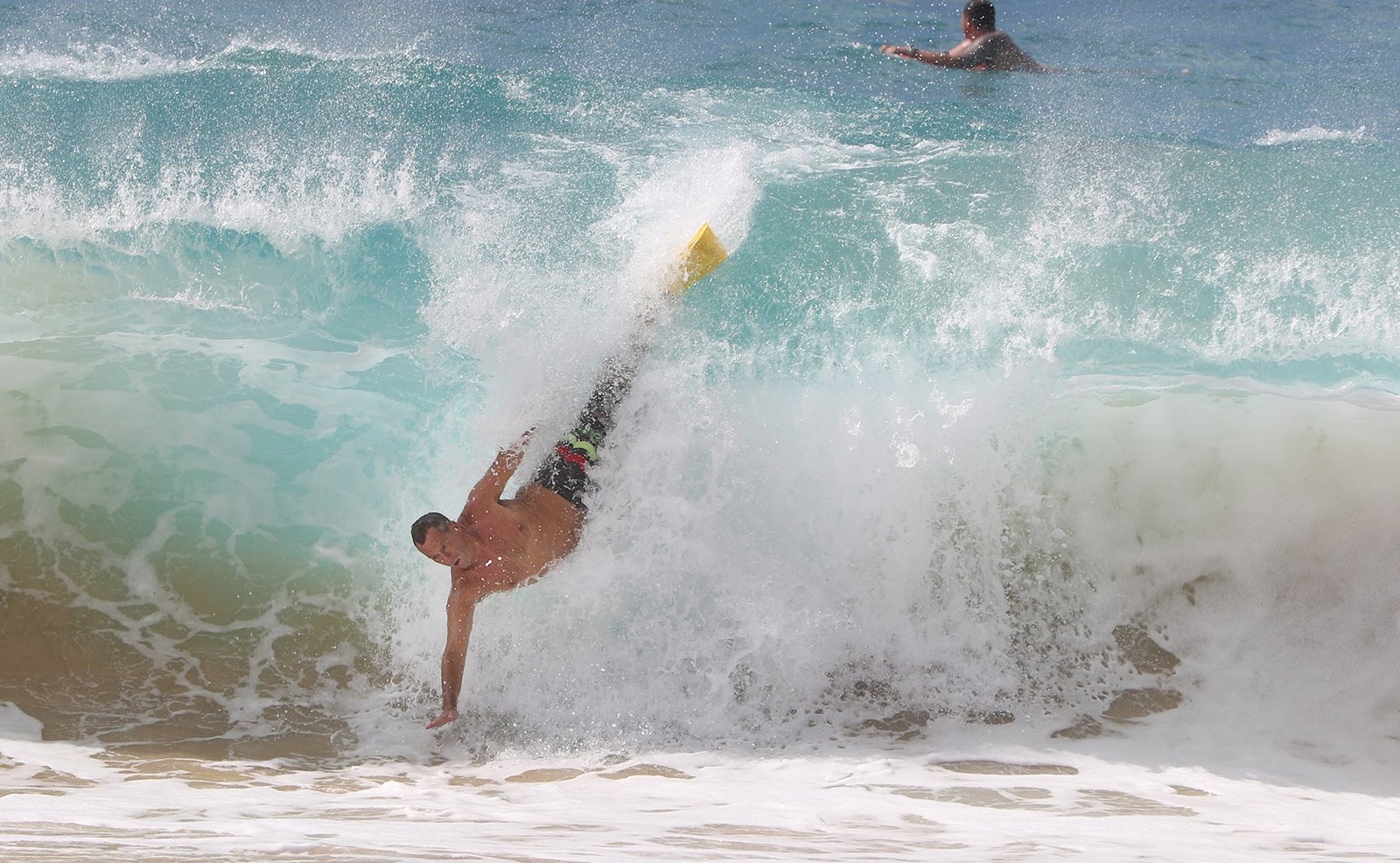A group of Hawaii State Hospital workers who witnessed a patient kill their colleague, Justin Bautista, are struggling to get access to the psychological care they say they need to help them cope with the grief and trauma of the attack.
According to documents obtained by Civil Beat, the state Department of Human Resources Development refused to sign off on workers compensation claims for at least three hospital employees, stating in denial letters that officials needed more time to determine whether the state should be responsible for paying for their treatment.
Scott Miscovich, the doctor who submitted the workers comp claims on behalf of the employees, described the state’s actions as “unconscionable,” and something that will only exacerbate the hurt and suffering of the employees.


“How would you feel as a worker after you’ve experienced something like this and your state rejects you?” Miscovich said. “It’s such an egregious act that these people were not identified as needing care. It just shows that someone is not doing their job.”
Bautista was stabbed to death Nov. 13 while working in a transitional housing unit located on the Hawaii State Hospital campus. Tommy Kekoa Carvalho, a patient with a history of aggressive behavior, was charged with the killing and has pleaded not guilty to second-degree murder.
Miscovich said that after Bautista’s death he was approached by four state hospital employees who were working in the transitional housing unit at the time of the attack, including one registered nurse and three psychiatric technicians.
None of the employees want to be identified. But Miscovich said they all agreed to allow him to speak on their behalf about their experiences.
Miscovich said he’s had multiple conversations with each of the employees and together as a group. He described each of them as heroes for their actions on the day of the attack.
Two of the workers rushed in to help Bautista after he was stabbed. They tried to stop the bleeding and performed CPR in an attempt to keep him alive. After those efforts failed, Miscovich said, they did their best to comfort him in his final moments.


Meanwhile, the other two workers did their best to keep Bautista’s attacker from causing more harm. Miscovich said they convinced Carvalho to drop the pocket knife he’s believed to have used in the stabbing and then shepherded him out of the building and through a gate that they then locked behind him until authorities arrived.
Miscovich said each of the employees has been struggling with the events of the day. Bautista, 29, was a well-liked colleague, who left behind a fiance and 1-year-old daughter. According to state officials, he’s the only employee to have been killed while working at the state hospital.
“Needless to say this was a devastating event for all of these individuals and it’s still very fresh in all of their minds,” Miscovich said. “This is something that could be with them, literally, for the rest of their lives.”
Officials from the human resources department did not make anyone available for an interview.
In a written statement, Deputy Director Ryan Yamane said the agency would not comment on the status of specific individual claims. He said that by law employees must submit their claims for workers compensation to the state within seven days of their injury, which often isn’t enough time to determine whether it should be approved or denied.
“This is especially true with psychological injuries/illnesses whereby independent psychological evaluations are often needed to ascertain the cause and severity of the medical condition,” Yamane said.
“’Denied pending investigation’” is used when we don’t have sufficient or accurate information – whether it be from the department, from the claimant, or from the treating physician to make a determination,” he added. “At times we also seek input from independent medical professionals or specialists.”
While waiting for a determination, Yamane said, employees are allowed to seek treatment on their own.
Miscovich is all too familiar with violence at the state hospital. Over the past decade he estimates he’s treated about 35 hospital staffers who were injured by patients. In 2013, he was instrumental in convincing state lawmakers to launch a formal inquiry into the conditions at the hospital.
Miscovich said it’s not uncommon for people who experience traumatic events to have bouts of sleeplessness, anxiety and post-traumatic stress. While PTSD is often discussed in the realm of war veterans, he said it can also occur among those who witness tragedies.
It was his professional opinion that, based on his evaluations of Bautista’s colleagues, they needed to meet with a trained psychologist to talk about their experiences and receive whatever treatment was necessary to help them rebound in their personal and professional lives.
That’s why he said he was astounded by the state’s responses.
Hawaii Rep. Scot Matayoshi expressed similar frustrations. Matayoshi represents Kaneohe, where the state hospital is located, and is chairman of the House Labor and Government Operations Committee, which oversees workers compensation.


He said he’s reached out to the Department of Human Resources Development for answers, but that the response he received has only added to his concern.
Matayoshi said he was told by the agency that it needed more time to collect all the facts. He said that excuse fell flat for him, especially given the circumstances.
“These workers were clearly on the job,” Matayoshi said. “It’s hard for me to conceptualize how this would not be covered by workers compensation. I just don’t see any other set of facts that could explain why this could be denied, even if it’s denied pending investigation.”
Matayoshi said he worries that what’s happening is part of a broader problem.
He said he’s talked to physicians who have told him that the state denies workers comp claims at a much higher rate than other employers, which he plans to investigate further in the coming year.
In the meantime, he said he will exert as much pressure as possible on the department to ensure that its investigation moves quickly and that the employees get the treatment they need.
“This is a snapshot of what’s happening to a lot of state workers who are injured on the job,” Matayoshi said. “As tragic as this is, I hope it will shine a spotlight on what other state workers are experiencing and hopefully shake something free to change the way the state does workers compensation.”







Leave A Comment